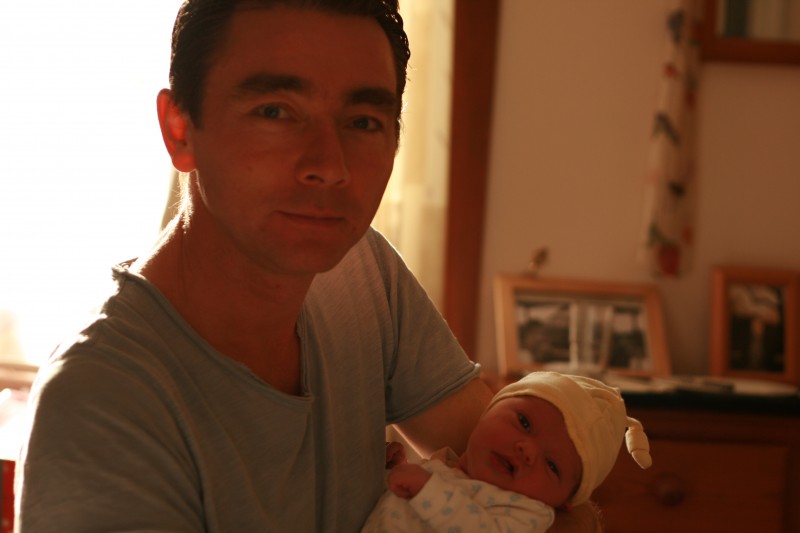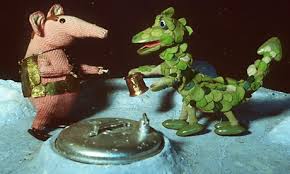All you need is love. Were the Fab Four right? Personally I think they were pretty spot on, although they may not have meant exactly the same thing as me by the word ‘Love’.
As a Christian I believe that God is love and that Jesus was the human embodiment of God.
And, therefore, that those who genuinely know and follow Jesus will inevitably grow in their love for their fellow human beings.
What does that mean in practice? What is this love? Some warm, fuzzy feeling of affection towards other people? In my days as an atheist, I remember a friend criticising ‘born again Christians’ he’d met, for advocating loving everyone. “How can you love everyone when you can’t even like everyone?” was his response.
Again, for Christians, the Bible is our starting place. One of the most famous passages in the Good Book is 1 Corinthians 13 (worth a look, if you’re not familiar). The gist of it is that when we love, we’re not only kind and generous, but we act in a way that seeks the good of others and don’t assert our own rights or desires over those of others. In other words, we’re unselfish – selfless, even.
Which brings us to the Bible’s ultimate plumbline of love…. the life and (especially) death of Jesus – giving up a sinless life to a brutal execution for the restoration, wholeness and forgiveness of many others. The perfect act of selflessness.
An act that: a) transforms, from the inside out, the lives of those who receive his gift by faith, bringing forgiveness and power to change, to love; and b) becomes our example to follow, our source of inspiration.
The Bible writers go on to describe how we live this out in practice in our flesh-and-blood family and in our spiritual family – the church community.
For example Paul, in his multi-ethnic, multi-faith, 1st Century culture, explains how he’s free to eat meat that’s been sacrificed to idols because at the end of the day it’s just…meat. BUT if this causes offence to a fellow Christian, then he would even go so far, if necessary, as to never eat meat ever again! He could have declared, like the Soup Dragons in their brilliant 1990 hit:
“I’M FREE TO DO WHAT I WANT ANY OLD TIME!
“It’s my right to eat meat. God has said it’s OK to eat meat, so I will!” He could have looked down on those whose faith was ‘weaker’ and tried to persuade them that his way of seeing things was the right way.
Instead, he did the loving thing. The thing that respected his Christian brother’s conscience and way of faith.
But doesn’t ‘living under grace’ mean that we’re free from religious rules, from ‘do’s and don’ts’. Yes, kind of, but love is the greatest commandment and the only response to grace.
Love trumps all.
If love means following a ‘rule’ so as not to hurt a sister or brother in Christ, then we follow the ‘rule’.
The idea that what we say and what we do affects those around us – that no man is an island – is an important concept to followers of Jesus.
In a similar way, when it comes to relationships, Paul tells a community of Christians to let the ‘peace of Christ act as judge (or ruler) in your hearts’. Which means that the peace of Christ that you normally experience as a Christian is a gauge of the health of your relationships with others in the church: i.e. if this peace is disturbed because of conflict and disharmony between you and others within the church community, it’s telling you – you need to put something right. ASAP.
All of which leads me to Margaret Thatcher…
Because she was the lady who was not for turning. Politicians rarely do U-turns. Or if they do, they generally don’t admit it, because that would mean admitting they were wrong the first time round and that would mean losing face.
(Never mind the fact that the voting public would actually appreciate some integrity and humility for a change).
I am doing a U-turn – on my last blog post, Sowing and Reaping, or part of it… because my recent blogging has had some negative impact on my relationships with one or two Christian brothers in my own church community, causing some concern and offence to them, not to mention a great deal of anxiety to me. The peace of Christ in me has been troubled.
Taking the approach of challenging the status quo, provoking controversy, in the quest for sincere faith – although it may encourage some Christians and help build bridges with others outside the Christian faith – may be an obstacle to the building of other relationships in the church.
One of my passions is to be part of a community that’s being built together in love, building with them, and if my blogging works against that, if it’s promoting discord rather than unity and community, then I would consider never blogging again!
I would at least take a U-turn on writing anything that causes disharmony within my own church community.
Because love trumps all. Yes, even free speech and open dialogue, which I hold dear.
I wrote in Sowing and Reaping about finding some resonance in Progressive Christianity – not that it’s really any different to any other ‘type’ of Christianity (because Christianity is Christianity, and really there is no Christianity, only Jesus Christ, who doesn’t change), but this particular ‘stream’ or ‘movement’ places an emphasis on experiencing Jesus and on living out his love in action, while some expressions of Christianity have been perceived historically to over-emphasise doctrine.
To quote Paul again: “The only thing that counts is faith expressing itself through love” (Gal 5:6).
While doctrine and theology are important, some of us are not cut out to be theologians – at least in the academic sense, although we may be theologians in the sense that we know and love God and have a passion to live this out, rather than to debate predestination, atonement and the like. As an ancient prophet put it:
“ ‘He defended the cause of the poor and needy,
and so all went well.
Is that not what it means to know me?’
declares the Lord”. (Jer 22:16)
I’m happy for others to take care of the theology. I recognise its value and I respect the gifting of those who are called to study and teach it.
For me, I’m happy to live it out in love as best I can. That includes the work that I do (see The Spirit of Healthcare) and writing creatively, to express this love to those who don’t claim to have faith in Christ. I hope to continue blogging in a way that finds common ground with atheists and agnostics, while also encouraging the faith of fellow believers.
And if that means refraining from making controversial statements that may offend my own (local) spiritual brothers and sisters, then restraint will be the order of the day.
Or if it means maybe running a blog draft past particular individuals before posting it, to avoid offence, then I’ll happily do so.
Because love trumps all.
Why am I posting these thoughts? Well, not to claim any moral high ground.
1) To explain that I’m just someone with many flaws including a strong self-will (which can also be a good thing), but with a resolve to go against my flaws and follow the One who called me and gave me everything.
2) As a heads-up on this ‘U-turn’ (or this ‘toning down’ at least), for those who follow my blogs.
3) To encourage fellow believers to continue working out how to live a life of selfless love for their spiritual brothers & sisters.
 4) And for everyone else, to shed a little light on the fact that, whatever you may think of Christianity, whatever you’ve imbibed (subconsciously or otherwise) of the media image of church…sacrificial, selfless love does go on week in, week out, within church communities. Not flawlessly. Humanly. Imperfectly reflecting the perfect love of Jesus Christ shown on the cross.
4) And for everyone else, to shed a little light on the fact that, whatever you may think of Christianity, whatever you’ve imbibed (subconsciously or otherwise) of the media image of church…sacrificial, selfless love does go on week in, week out, within church communities. Not flawlessly. Humanly. Imperfectly reflecting the perfect love of Jesus Christ shown on the cross.
Love that trumps all.



